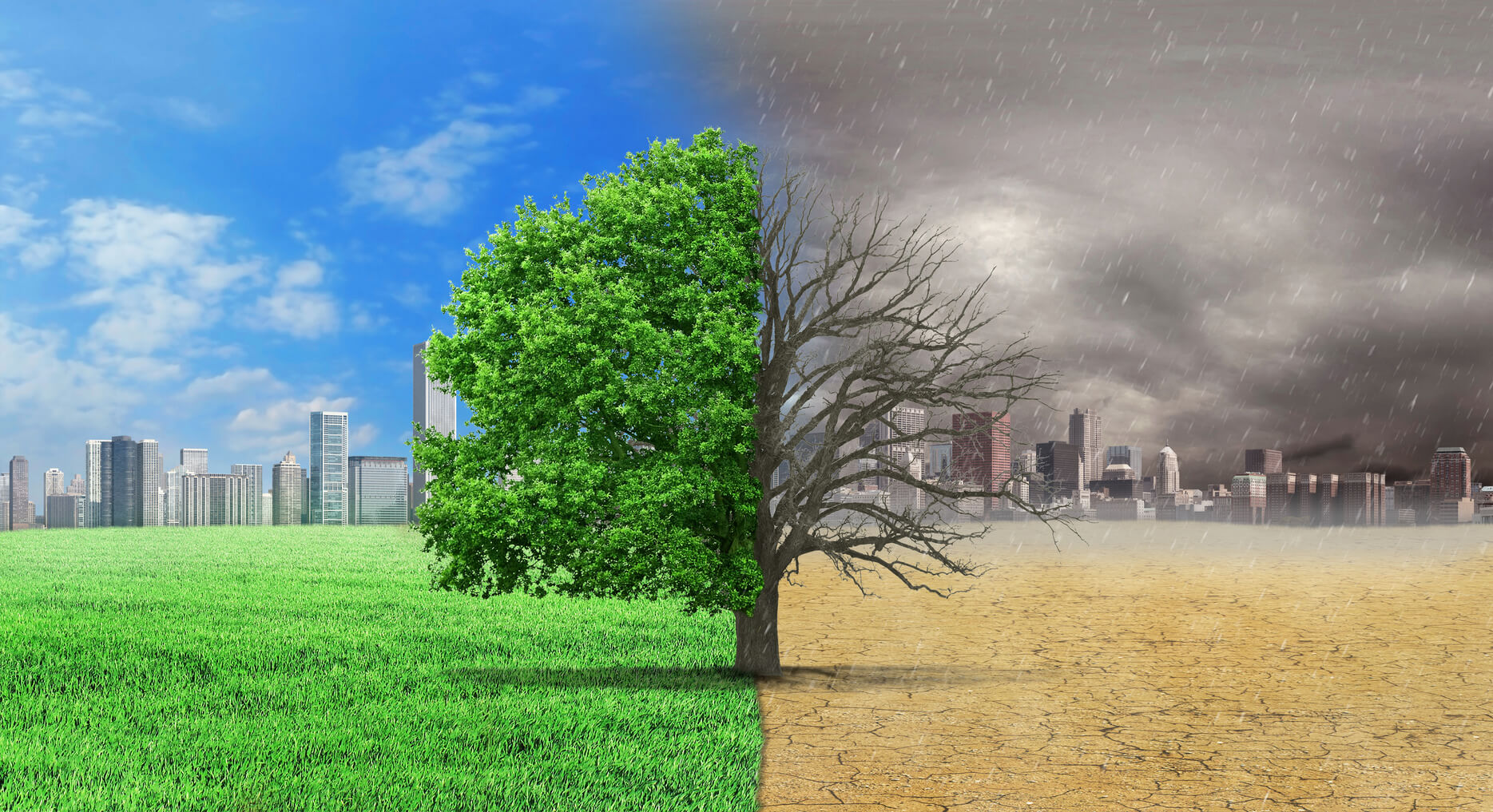Beyond the emergencies triggered by extreme weather, there’s a quieter—yet growing—factor taking center stage in the climate crisis. Let’s take a closer look.
How is media coverage affecting us?
One of the most debated issues in psychology today is how inconsistencies in media coverage of climate change are affecting public perception. Studies have shown a growing link between mental health challenges and the aftermath of extreme weather events.
A major factor here is uncertainty. When people receive mixed or conflicting information from the media, it heightens confusion and anxiety.
Environmental conditions themselves also play a role in increasing stress levels. After a natural disaster, communities often experience spikes in violence, aggression, and even suicide. One of the most notable psychological effects is a heightened sense of vulnerability. This feeling can be stronger depending on someone’s location, economic situation, or social background.
How do we talk about what’s been left unsaid?
To process all of these events in a healthy way, the key word is: adaptation.
But when it comes to mental health and climate change, we must also consider the unique social context of each country. That means blending knowledge from different fields to support sustainable development on a national scale. Research shouldn’t stay locked in academic journals—it needs to be communicated in clear, accessible language that reaches people where they are.
This would help close the education gap and empower communities to take meaningful action. Social values should also be at the core of any climate change policy. Finally, it’s essential that human-centered voices are included in shaping how we respond to this new reality.
In short: to adapt to the planet we’re now living on, we need everyone’s contribution.



